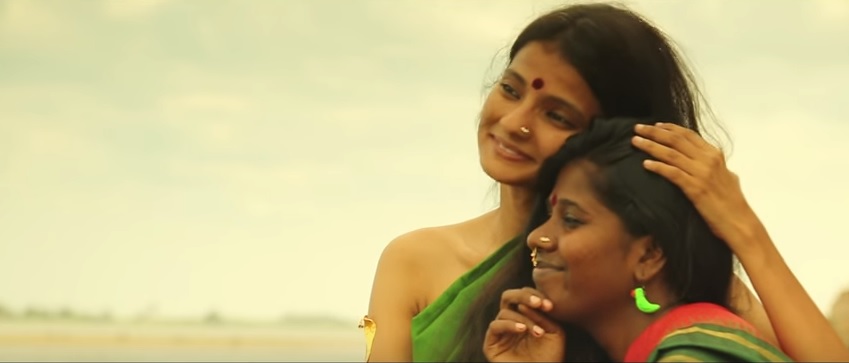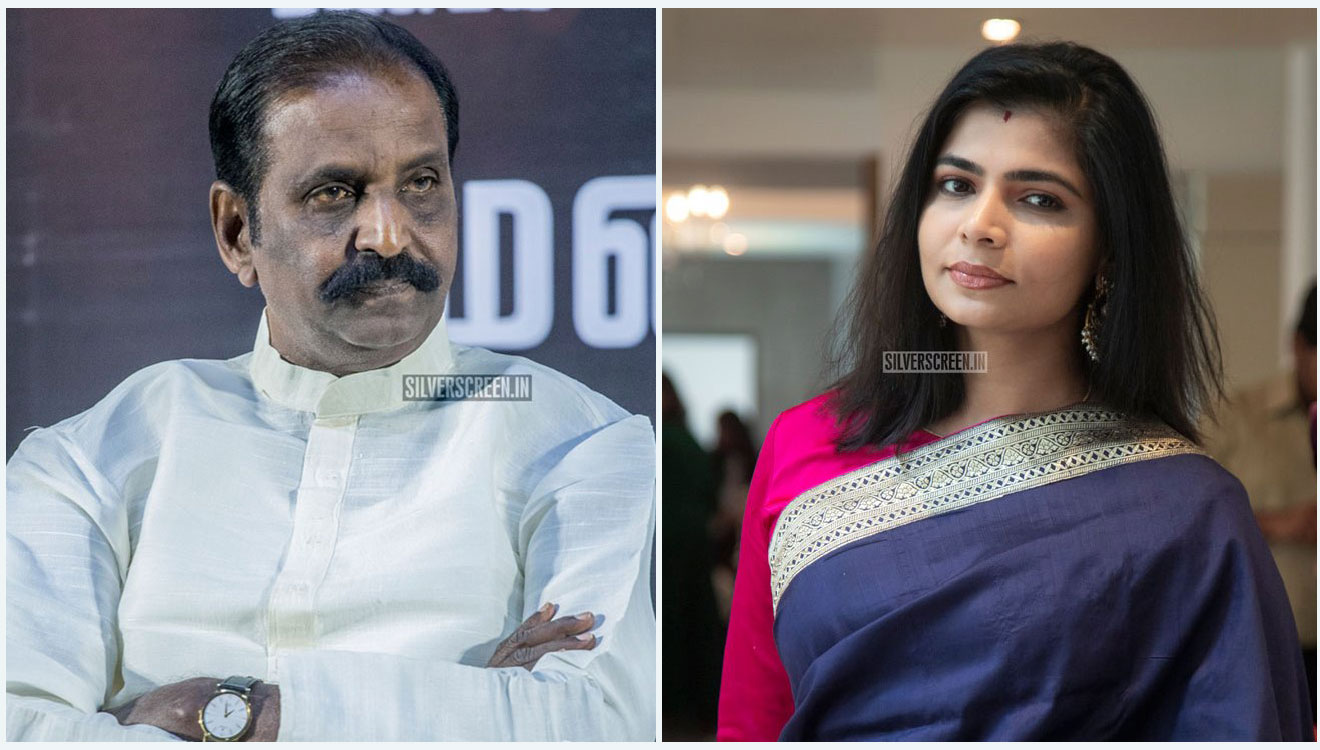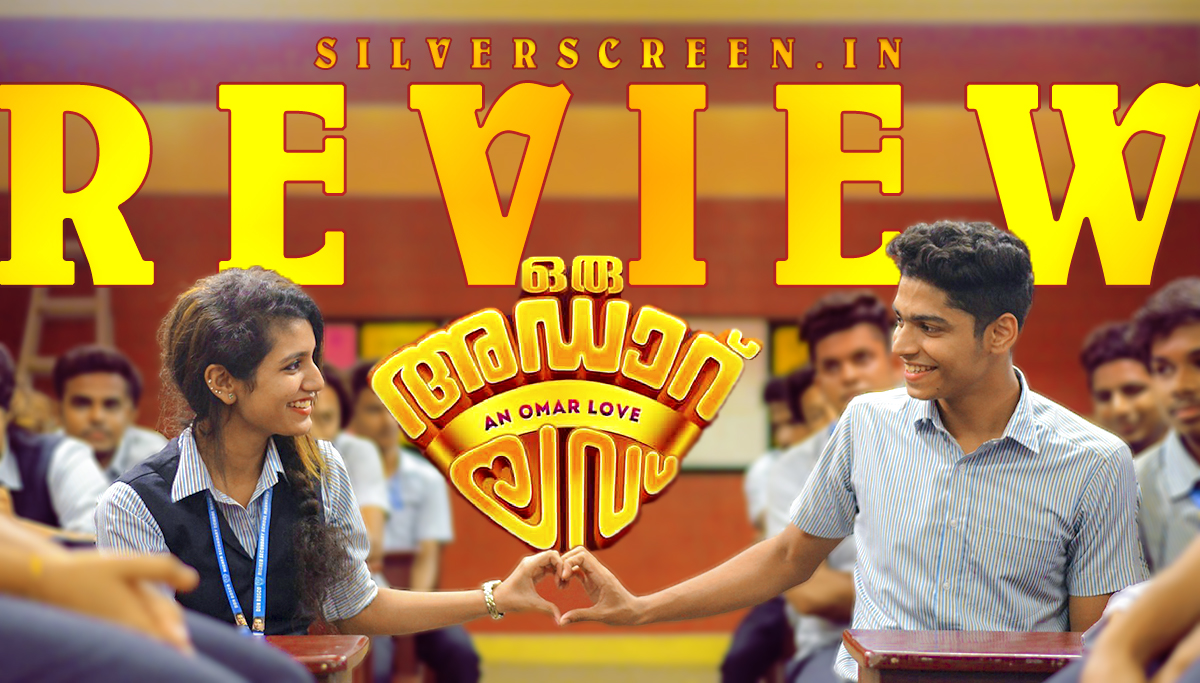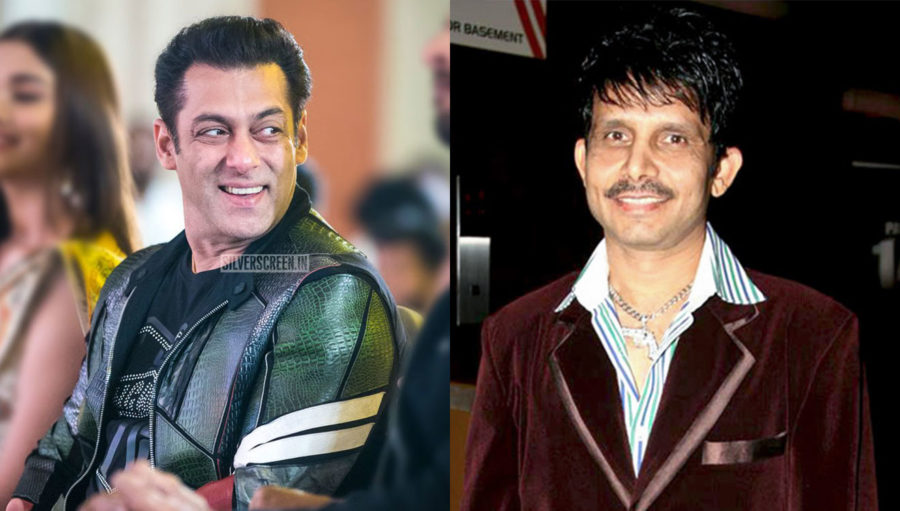Director Malini Jeevarathnam’s Ladies And Gentlewomen seeks to normalise LGBT relationships in a starkly heteronormative society
At the screening of Ladies And Gentlewomen, Malini Jeevarathnam, director of the documentary that advocates LGBT rights, recalled that she was near suicidal around the time she decided to make the film. “I was confused and was on the verge of killing myself, that’s when I met Pa. Ranjith annan,” she said.
Malini, in a crisp white shirt and jeans, and closely cropped hair, spoke a little after 8 pm on Sunday night, to a packed theatre at Prasad Labs. The audience, many of them streaked in colour, swarmed all over the near 200-seater auditorium; the ones who couldn’t find a seat filled out on the steps, and the rest pressed themselves against the walls. The crowd seemed to know and love Pa Ranjith, whose Neelam Productions, had bankrolled the documentary. His newly-formed Casteless Collective too, were out there in full force, armed with a couple of gaana songs to support the movement.
“…Ranjith said, ‘do not live for others, live for yourself,’” Malini continued, “And that’s how the film was born.”
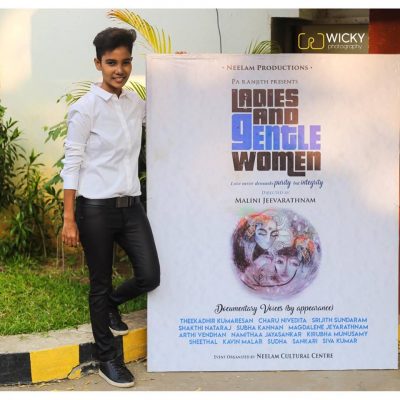
The teaser of Ladies And Gentlewomen is a hilarious affair. A voice – Malini’s – gently teases out a question. ‘Oru kadhai sollata‘ [Shall I tell you a story?]
Ladies And Gentlewomen begins with a shot of a couple in bed – two women entwined in love. Over the 47-minute documentary, there are happy stories, heartbreaking stories, mythical ones – all featuring lesbian women. For Malini, it is as much an effort to normalise their sexuality, as it is an attempt at advocating their rights. “This film is for the parents,” she says, much before the documentary could be screened. And, so it is. Amidst the romantic tale of Sree Mukherjee and Suchandra Das, a Bengali lesbian couple who married in 2015, the folklore that traces its origin to Madurai – of Pappathi and Karuppayi – who dared to fall in love, and later killed themselves, the numerous suicides and honour killings of couples who identified themselves as gay or queer, Malini weaves in ‘lessons’ on homosexuality.
“I didn’t want to feature couples who would get into trouble later with their families,” she says. Early on in the film, she travels around the countryside with a mic and a question [‘Who’s a lesbian?’]. The answers she receives range from mildly funny to downright nasty. Malini enlists the help of several LGBT activists and legal advocates to hold forth on the evils of Section 377, and the other articles of the Constitution it infringes on in the process.
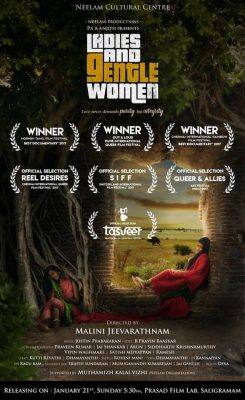
Psychologist Magdalene Jeyarathinam, one of the people featured in the documentary, talks about women who suppress their burgeoning sexuality, and whose orientation become known only at the time of their wedding while Subha Kannan, a teacher of Sanskrit narrates her own experience of having encountered gay couples in college, and her gradual acceptance of the community. Writer Charu Nivedita, who identifies as bi-sexual, recalls the time when he’d come out. “A friend of mine wanted to know if I would sleep with him,” he says, “Imagine if I were heterosexual, if I ask a woman walking down the road if she’d like to sleep with me, won’t I get clobbered? People fail to understand that the same rules that govern heterosexual relationships are in place here as well. You need to be attracted to the person, you need to fall in love…”
The documentary screening was preceded by the ‘Lesbian Anthem‘, a music video that celebrates lesbian love, composed by Justin Prabhakaran, with lyrics by Kutti Revathi.
“This is not a film against men,” said Malini, “This is a film against patriarchy.”
Ladies And Gentlewoman had won the Best Documentary Award at the Norway Tamil Festival and the Chennai Rainbow Film Festival.
